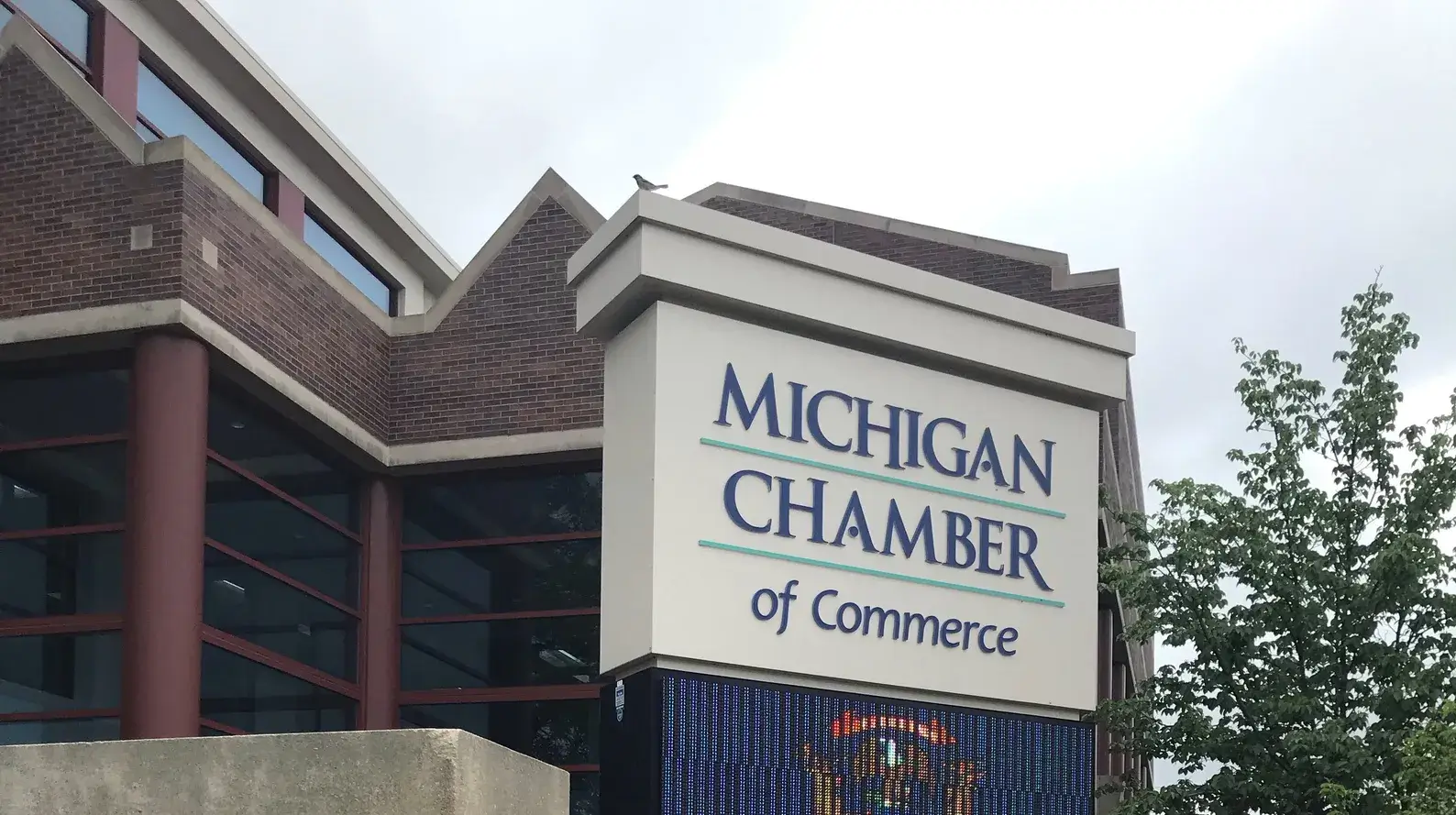The Michigan Chamber of Commerce released a statement stressing the significance of implementing federal cannabis banking reform following several break-in incidents at legal marijuana businesses in the state. The chamber, together with Michigan-based cannabis firm Common Citizen, is encouraging congressional lawmakers to adopt the Secure and Fare Enforcement Regulation Banking Act (SAFER) that would eliminate penalties for banks working alongside state-legal cannabis enterprises, still deemed illegal under federal law.
A Level-Playing Field for Cannabis Businesses
Leah Robinson, director of legislative affairs and leadership programming for the Michigan Chamber of Commerce, expressed that it is vital to extend the same banking options and protections to cannabis businesses as other legal industries have, given that nearly 40 states have legalized or decriminalized medical or adult-use cannabis. Recent news reports detailed multiple burglaries and attempted break-ins at cannabis retail locations in Detroit.
A representative from Common Citizen, Elias, highlighted that theft poses a considerable risk to entrepreneurs who operate within the predominantly cash-only cannabis industry, worth more than $3 billion in Michigan alone. Elias argues that passing the SAFER Banking Act would protect these business owners’ investments and hard work while mitigating the risks associated with operating in such an environment.
Denial of Loans and Mortgages Exacerbates Obstacles
Jim Holcomb, president and CEO of the Michigan chamber, voiced his support for federal legislation in an opinion piece with Elias. Together, they elaborated on how barriers to cannabis banking prevent business owners within the industry from gaining access to loans or lines of credit offered by institutions backed by the federal government or using federal products.
Furthermore, they pointed out that despite their intentions to employ workers and contribute positively to local communities, many cannabis business owners find themselves being denied mortgages when attempting to purchase homes due to their involvement in the marijuana industry.
Federal Steps Towards Banking Reform
At a federal level, Senate Majority Leader Chuck Schumer expressed his dedication last month to advance several critical issues, including the SAFER Banking Act. However, he conceded that the road to its successful passage would be challenging. In response, Michigan has already moved forward to address state-level changes in the cannabis industry.
In July, the state Civil Service Commission approved an alteration that came into effect in October. Moreover, lawmakers introduced a bill in September that permits individuals to engage in cannabis-related activities without receiving monetary or other types of valuable considerations.
Michigan Lawmakers Urge the National Push for Alternative Treatments
Additionally, during the same month, Michigan representatives called on Congress, the Department of Defense, and the Department of Veterans Affairs to prioritize research and investment into alternative non-technological treatment options, such as psychedelics, to expand the range of healthcare choices available to citizens who may not find relief in conventional pharmaceutical offerings.
The recent break-ins and thefts faced by legal Michigan marijuana businesses have underscored the urgent need for national attention on federal cannabis banking reforms. By providing these state-compliant enterprises access to the same financial services and protections as other recognized industries, businesses and communities can thrive—reducing the risks many face in their day-to-day operations. This, along with a broader focus on expanding access to alternative treatment options, positions Michigan as a leading advocate for change in the cannabis landscape.





